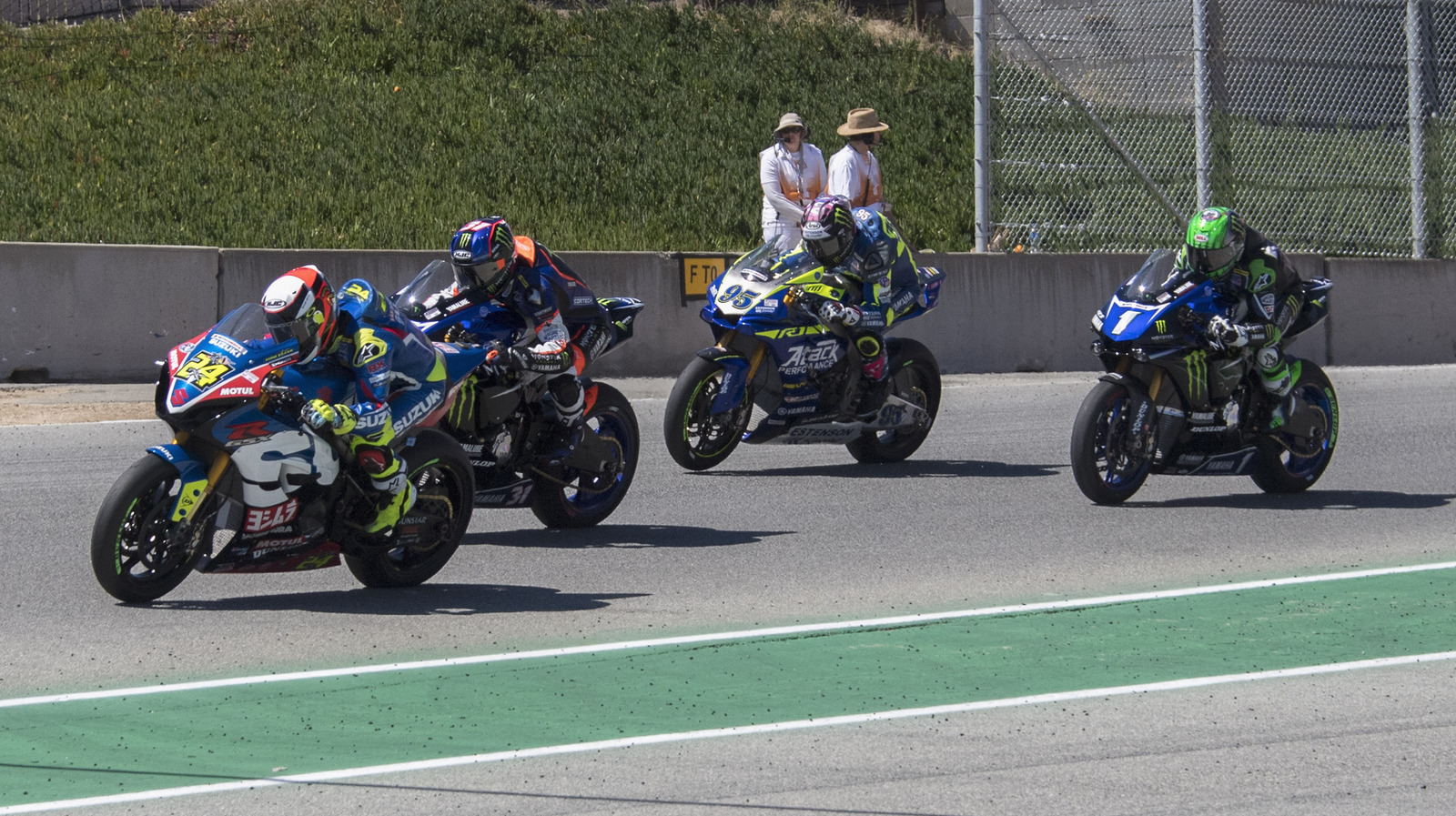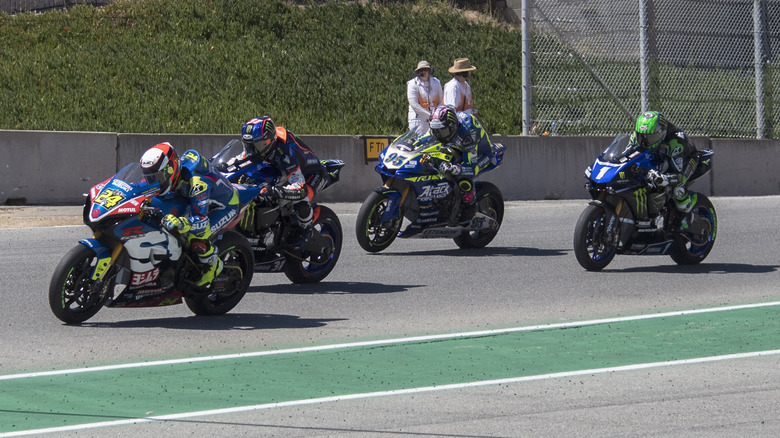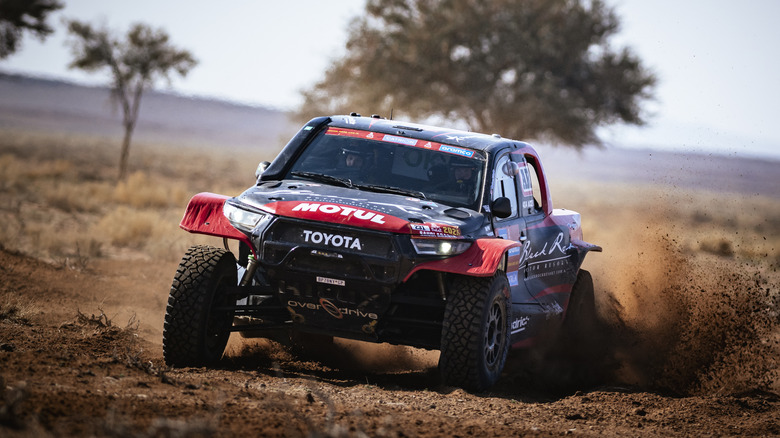The physically dangerous nature of motorcycle racing requires a perpetual push for improved safety measures, including protecting riders from themselves. MotoAmerica and healthcare giant Abbott announced on Thursday that the championship will start using blood tests to help assess riders for suspected concussions during race weekends, beginning with this weekend’s round at Road Atlanta. The test developed by Abbott can provide results in just 15 minutes, to quickly inform medical personnel if a rider needs further assessment. MotoAmerica is the first sports organization to adopt the practice.
MotoAmerica will be using Abbott’s i-STAT TBI test cartridge. The cartridge with a few drops of drawn blood is inserted into a handheld i-STAT Alinity instrument on-site. The test measures two brain-specific biomarkers, UCH-L1 and GFAP, in the blood sample. If neither biomarker exceeds an established cutoff, then it’s likely that the rider hasn’t suffered a significant injury and doesn’t need a CT scan. The i-STAT TBI was cleared for use with whole blood by the FDA in 2024. Dr. Beth McQuiston, medical director of Abbott’s diagnostics division, said:
“As both a neurologist and licensed physician, I know firsthand the limitations of relying on a subjective tool like the Glasgow Coma Scale in the assessment of brain injury. The ability to objectively assess the need for a head CT scan following potential brain injury right at the point of care, whether that be at a hospital bedside or an on-site medical facility at a sporting event, means quick assessment and a quick path to the right treatment.”
There’s a need of objective concussion testing in sports
It’s become a clichéd aspect of modern professional sports that athletes attempt to hide concussion symptoms to continue competing. The widely used methods to evaluate an athlete’s cognitive function are subjective and often rely on comparisons to a previously recorded baseline. Athletes can intentionally perform poorly on baseline exams to ensure that they can pass with a suspected concussion later on. However, blood tests aren’t subjective and allow medical staff to make more accurate assessments.
This kind of deception isn’t exclusive to ball sports. Earlier this year, Dakar Rally co-driver Sam Sunderland and his Overdrive Racing team hid that he suffered a concussion during a stage from race officials to remain in the event. The team only withdrew after he took another blow to the head days later and temporarily lost his vision. Someone shouldn’t be able to hide a concussion and put themselves at risk of suffering a potentially fatal second concussion. Hopefully, MotoAmerica’s use of the Abbott-developed test is successful and eventually adopted by other racing championships.




